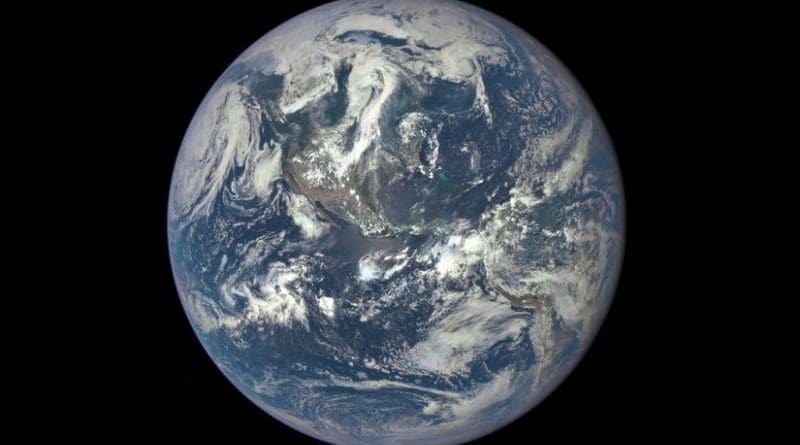Where The New World ‘Disorder’ Is Headed
By IESE Insight
Wars in Syria and Iraq. The migrant crisis and challenge of controlling immigration flows in Europe. Regional conflicts in the Middle East and Eastern Europe. The role of China in driving global economic growth. Weakening leadership from the United States and Europe. The power shift toward the Asia-Pacific region…. These are just some of the “context elements” that are shaping the new world of economic disorder.
This new environment is one of rapid, unpredictable changes. So far, no system of global governance has been equal to the task of controlling it, or of evening out the growing imbalances in the political, economic, social and environmental landscapes.
Víctor Pou, professor of economics at IESE and an international relations expert, analyzes this environment in detail in a new book on international relations, geopolitics and world economics. The purpose of this book, he writes, is to “have an idea, and be as well informed as possible, about what is happening in the world in the early 21st century, and the possible future scenarios that await us.”
What the Future Holds
To anticipate what lies ahead, we must understand the implications of recent milestones in international relations.
With this in mind, Pou highlights some key trends that are likely to continue in the coming decades. They include:
- Economic and political power-shifts toward the Asia-Pacific region. Like many experts, Pou sees the rise of China as decisive for the fate of the 21st century. Whether it ascends peacefully or not, China will become a premier world power.
- Gradual loss of leadership by the United States. This is already underway; nonetheless, the U.S. will likely remain an energy leader due to the shale gas revolution.
- Moving toward the creation of a banking and political union in Europe. Such a union would make it possible to build a sustainable social model, counter the growing wave of Euroskepticism and recover some of the terrain lost in the global political and economic chess game.
- Progress in and consolidation of emerging powers. The forecast is good for some countries in Africa and Latin America, and India continues on its way to become the third global economic superpower.
- Sustainability advances. The rise of the emerging middle classes, their concentration in megacities and the subsequent pressure put on natural resources will finally push sustainability to the top of priority lists.
- Fragmentation of global economic governance. Currently, Western countries are overrepresented in important international institutions, such as the World Bank and the International Monetary Fund. We will see emerging countries come into their own to counteract this and reset some agendas.
How Did We Get Here?
For Pou, the 21st century began in 1989 with the fall of the Berlin Wall. He divides the century so far into two stages: an extended opening decade spanning 1989 to 2001, marked by idealism in international relations, and a more turbulent second phase starting in 2001.
The first stage is characterized by the apparent triumph of democracy, integration processes and both economic and social progress stemming from capitalist and globalized market advances.
The second period begins abruptly with September 11, 2001 and continues through the military campaigns in Iraq and Afghanistan, peaking globally with the global financial crisis starting 2007-2008 and, at the European level, with the sovereign debt crisis in 2010.
We are still immersed in this second stage, according to the author, and we must face the reality, in contrast to past idealism, of the alarming advance of jihadist terrorism, of our inability to resolve many of the world’s festering conflicts, of our own dissatisfaction with many systems of governance (including democracy), and of the risks of leaving the economy in the hands of a wild, dehumanized capitalism.
Lessons Learned
If we have learned anything from the past hundred years, Pou concludes, it is that humanity is condemned to cooperate, although by nature we are essentially tribal. Hence there is a permanent tension between cooperation and conflict, and between economic integration and political divisions.
The 21st century adamantly expresses two needs: for a fair and democratic world government and for a new form of humanism to serve as the basis for a working, global economic system.
Any institution or government initiative on a global scale that aims to bring order to this hectic stage must recognize the need for a new world order and an economic system focused on seeking the common good.

